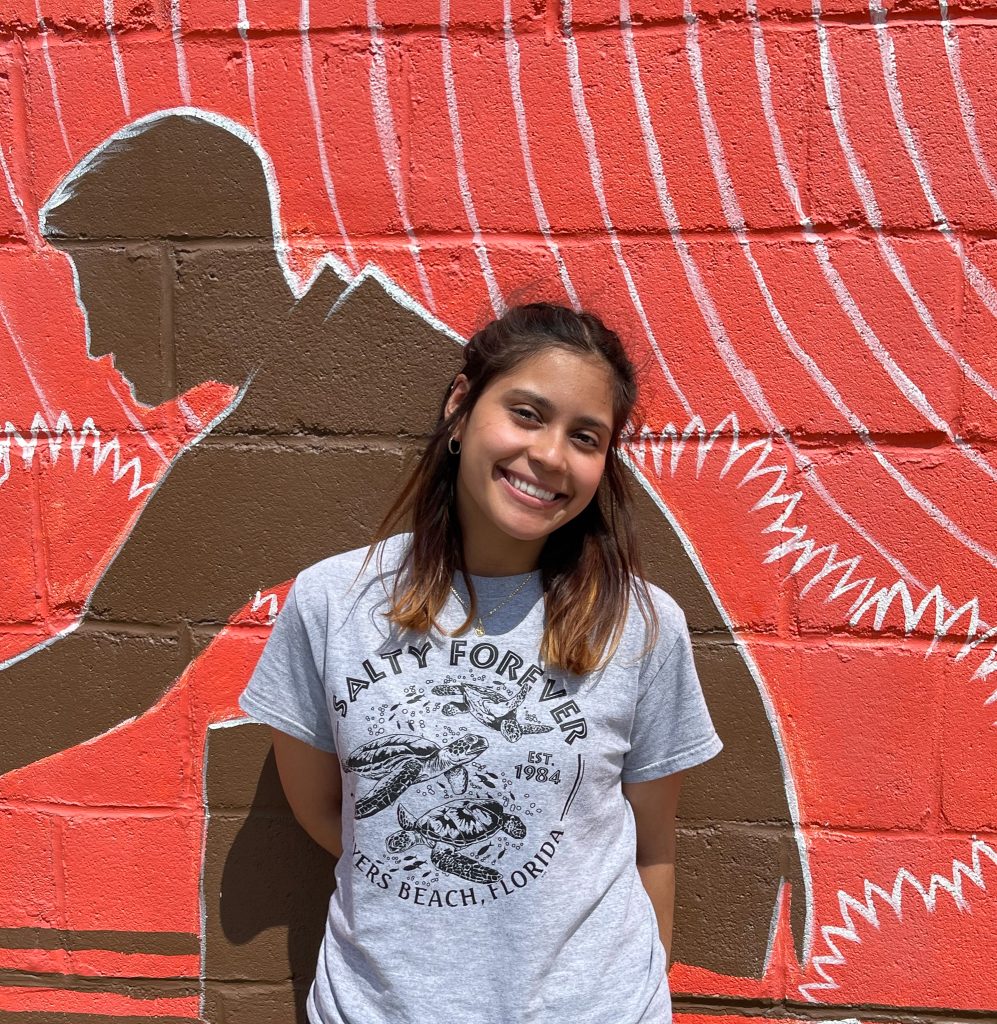
University Career Service has created a pilot program that will benefit local Lincoln employers and select University of Nebraska-Lincoln students with shorter term job opportunities called micro-internships.
The Micro-Internship and Mentoring Program was launched by University Careers Services in the spring of 2022. The program assists first-generation and BIPOC students in finding short-term professional opportunities. These micro-internships are paid positions that typically last two to eight weeks with a total of 10-40 hours of work.
Tracy Lungrin is the director of University Career Services. She said that by building connections with employers, BIPOC and First-Generation students can enhance their college experiences and feel reassured that pursuing a degree will be a good return on their time and financial investment.
“Building professional connections is still one of the strongest ways to gain meaningful career experiences, like internships, that help students break into the field and help them to advance their careers. Research shows that often our First Gen and BIPOC students enter college with an uneven playing field in terms of these connections.”
Lungrin added that for this reason they had a goal of helping these students increase their social capital and this program is a great way to do that.
“We had been working in conjunction with campus partners to develop a compelling program for First Gen & BIPOC students that helps them build their social capital,” Lungrin said. “The Micro-Internship and Mentorship Program helps to facilitate access to people, places, and resources that these students may not have access to on their own.”
Currently, the micro-internships are being supported by grant funding. This means that payment for the students does not come from the employer themselves. Emily Wilber, assistant director for career education and inclusion at University Career Services, leads the team on this program and said that for the financial aspect, the program offers a unique benefit to employers.
“It’s a recruiting tool and it increases their team with no financial cost to themselves,” Wilber said. “But also, they have an opportunity to develop a relationship and a pipeline to diverse talent. And they also have this opportunity to connect with students who they may not otherwise, because they wouldn’t be able to do those longer-term opportunities.”
Megan Hamann, economic justice community organizer at Nebraska Appleseed, was the first supervisor to complete the program with her student intern, Laura Perez-Villagomez. Hamann said that this program allowed her company to spend some time on projects that they hadn’t been able to before.
“We’ve had the opportunity to explore new sides of our work that we haven’t necessarily had the capacity to take a deeper dive into on our own,” Hamann said. “But, with the micro-intern we have been able to put some additional energy and focus towards these projects. It’s been incredibly exciting for us.”
Hamann added that she has enjoyed her experience working with Perez-Villagomez and likes being able to share her organization with a student looking towards their future. On the employer side, Hamann said that the structure of the program makes it easy for employers to develop a shorter internship.
“You’re starting by proposing a project, thinking through what that project would entail and how to fit it into a certain time frame,” Hamann said. “I think some traditional internship pitfalls are easily avoided because the employer is taking the time at the outset to think through what the opportunity looks like.”
On the student side, Wilber, said the program carries a great benefit to those who may not otherwise be able to gain the critical experience that traditional internships provide due to the time commitment.
“For example, if you’re not sure what direction you want to go, or you’re just getting started, you may not want to invest a full semester into an experience, and you may not have the resources to do something unpaid,” Wilber said. “Their supervisor or mentor can help them network and gain experience while they continue their part-time job or their studies.”
According to Hamann, University Careers Services is in a special position to lead a program like this due to their proximity to a diverse group of students. She said this leads to her company having more access to applicants than they would on their own.
“The reach that they have to connect with university students across the board is invaluable,” Hamann said. “They can promote these opportunities more broadly and wholistically than we ever can as an organization. It ensures that we are getting an excited group of candidates who are passionate about the opportunity in front of them.”
Employers who are interested in getting involved with the Micro-Internship and Mentoring Program can contact mgalusha2@huskers.unl.edu to get started.
Kaylie Hogan-Schnittker, director of talent strategy at Lincoln Partnership for Economic Development, said that local employers should jump at the opportunity to get involved with this program.
“I say do it,” Hogan-Schnittker said. “It’s short term, low stakes. I think the support that you’re given in doing this feels very no-brainer. Having a diverse set of minds or people, whether it’s race, religion, sexuality or ability, is always great for the greater good, especially within your organization.”
